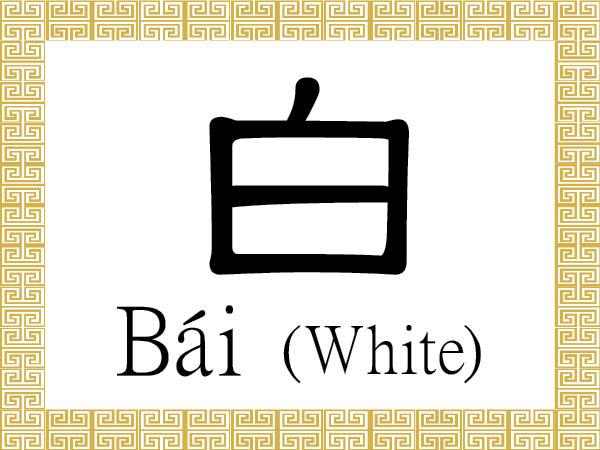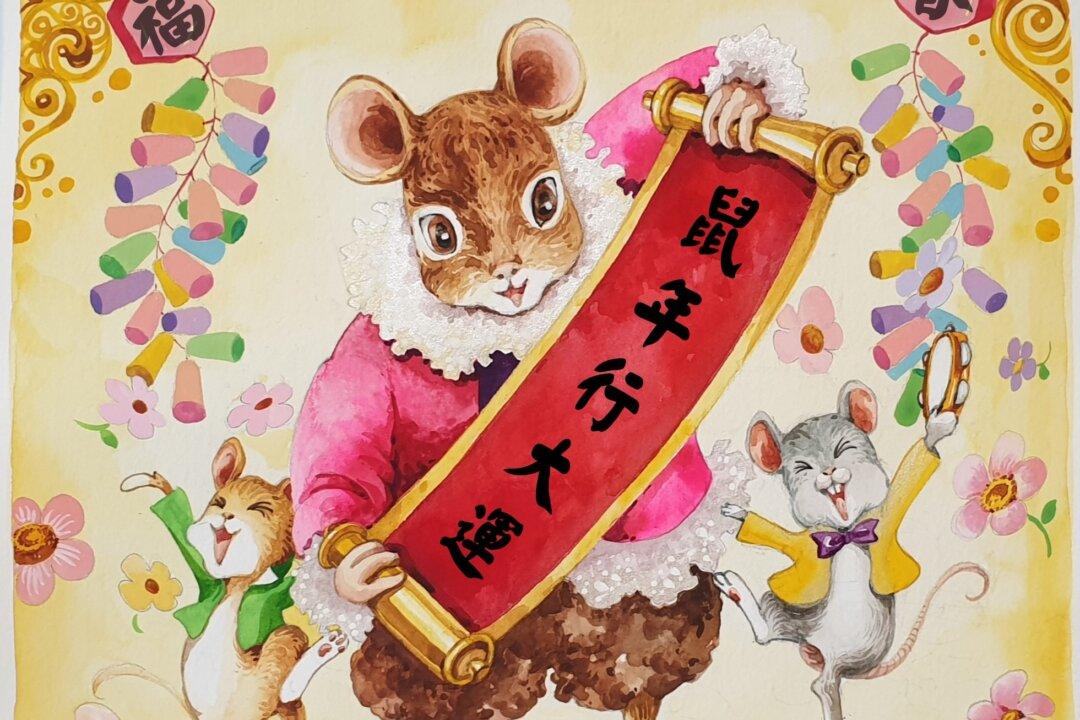The Chinese character 白 (bái) stands for the colour white. It also conveys the meanings of being pure, clean, unblemished, and bright, or being clear and plain.
Examples of terms that use 白 (bái) include 白水 (bái shuǐ), plain water; 白粥 (bái zhōu), plain rice congee; 白金 (bái jīn), platinum, a grey-white precious metal; and 白天 (bái tiān), literally “white sky,” referring to daytime.
明白 (míng bái) means to understand or to realize, and also describes something that is clear or obvious. 明 (míng) itself carries the meaning of clarity, brightness, and understanding.
The term 明白 (míng bái) thus can be seen to convey the idea of shedding “light on something white,”—something unblemished by unrelated, superfluous, or even false meanings.
坦白 (tǎn bái) means being frank, candid, open, or honest—plainly and clearly revealing the pure truth. 坦 (tǎn) itself also refers to the state of being calm and composed.
White is the colour of mourning in ancient Chinese culture, and funerals are called 白事 (bái shì) in Chinese, where 事 (shì) refers to a matter or an affair. The ancient Chinese wore white garments and hats only when mourning the dead.
The expression 白日升天 (bái rì shēng tiān), from Daoist tradition, depicts an immortal ascending (升, shēng) to heaven (天, tiān) in broad daylight (白日, bái rì), or literally under the “white sun.”
忠貫白日 (zhōng guàn bái rì), which states “loyalty (忠, zhōng) pierces through (貫, guàn) the white sun (白日, bái rì),” describes a heart that is loyal beyond compare.
白頭偕老 (bái tóu xié lǎo), “white heads together [until] old,” refers to an enduring marriage in which the husband and wife stay together and cherish each other through to old age. 白頭 (bái tóu) describes elderly people with heads of white hair.
The phrase 李白桃紅 (lǐ bái táo hóng) depicts a pleasant scene of beauty in springtime, when lovely plum (李, lǐ) blossoms in white and peach (桃, táo) blossoms in red (紅, hóng) are in bloom.
雲中白鶴 (yún zhōng bái hè) conveys the image of a white crane (白鶴, bái hè) flying among the clouds (雲中, yún zhōng), a compliment that praises someone with a noble character and lofty aspirations. 雲 (yún) stands for cloud and 中 (zhōng) means within, among, or in the middle of.




